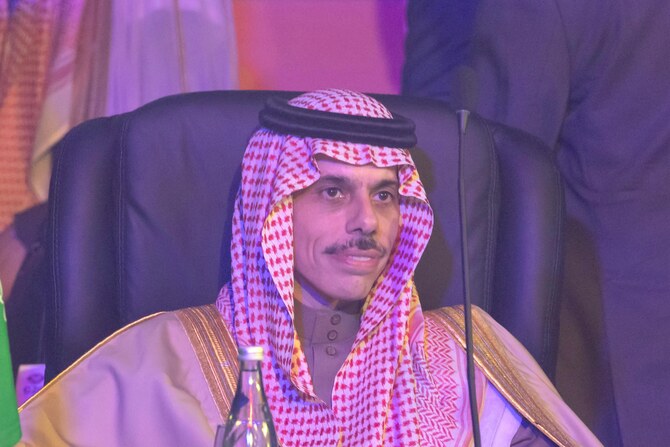DHAHRAN: The US Consulate in Dhahran held an early celebration to mark the 249th anniversary of the signing of the Declaration of Independence this week.
The outdoor event had a Hollywood-inspired theme with popcorn stations, Oscar statue replicas, film posters and cutouts of classic movie stars.
Guests were welcomed by US Consul General James Sindle, who said: “When we think about the fabric of American culture, few institutions have shaped our collective identity quite like Hollywood. For over a century, this ‘dream factory’ has not only entertained us, but has served as a mirror, reflecting our national values, struggles, and aspirations.”
He described the Declaration of Independence as “a bold statement that reimagined governance and set a standard for liberty.”
Sindle also expressed support for the upcoming 11th Saudi Film Festival in Dhahran.
“The festival is exploring the theme ‘cinema of identity,’ a reminder that the quest to understand ourselves through storytelling is universal. It takes uniquely cultural forms,” he said.
After cutting the celebration cake, Sindle spoke to Arab News about the event’s significance and the importance of including members of the Saudi community.
Many Saudis, like people around the world, grew up watching Hollywood films, he said. Stories told through film have the power to spark conversation, bridge cultures and connect people across borders.
One film in the evening’s opening montage was “Indiana Jones: Raiders of the Lost Ark,” which Sindle said he saw with his family in the 1980s and ended up watching 15 times in three months.
On the potential of the Saudi film sector, he said: “It is a budding industry that is taking shape in the Kingdom, and it is very exciting to watch. Movies are about telling a story, and Saudi Arabia has amazing stories to tell.”
While actors and directors often take the spotlight, Sindle highlighted the importance of behind-the-scenes roles like screenwriting, sound design, and cinematography.
Students from the American School of Dhahran performed the US national anthem, while Bayan Gardens School students sang the Saudi national anthem.
Yasmeen Husain of Bayan Gardens School said: “Our students do collaborate quite a bit with the US and they love to share different cultures and diversity. About 98 percent of our students are Saudi — tonight, they all are.”
A dozen students took part, including two high school seniors planning to study in the US after they graduate.
Principal Abeer Al-Mohawies said: “They didn’t need much time to prepare — they’re used to performing the anthem at events. It’s an honor for them and for us to take part.”
Local band The Manics also performed live throughout the night.
Staff Sergeant Jordan Lawrence, assistant detachment commander, credited a Hollywood film with influencing his career path. “My favorite movie, which also played a role in convincing me to join the Marines, is Major Payne,” he said, referring to the 1995 military comedy.
Lawrence, who has been stationed in the Kingdom since November, said he valued such opportunities for connection.
“I think the event is great — everyone is coming together in a positive way. We get to figure out what makes us similar, what makes us different. I think we are all pretty much the same — we just grew up on different sides of the world.”




























